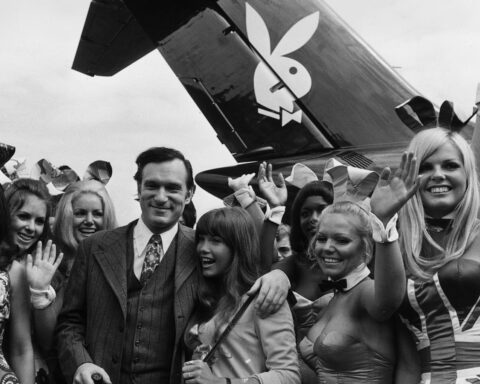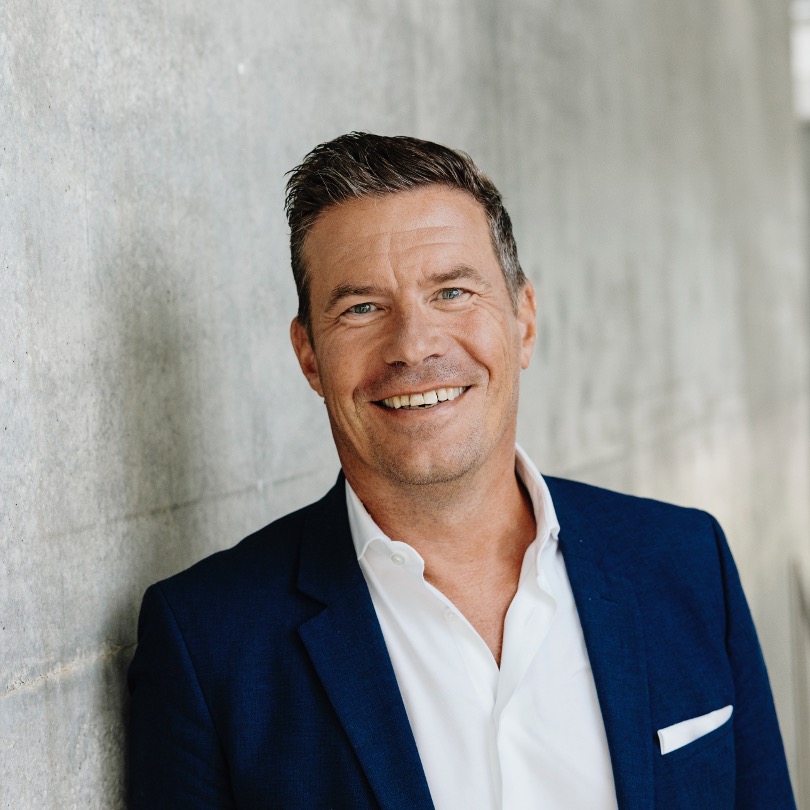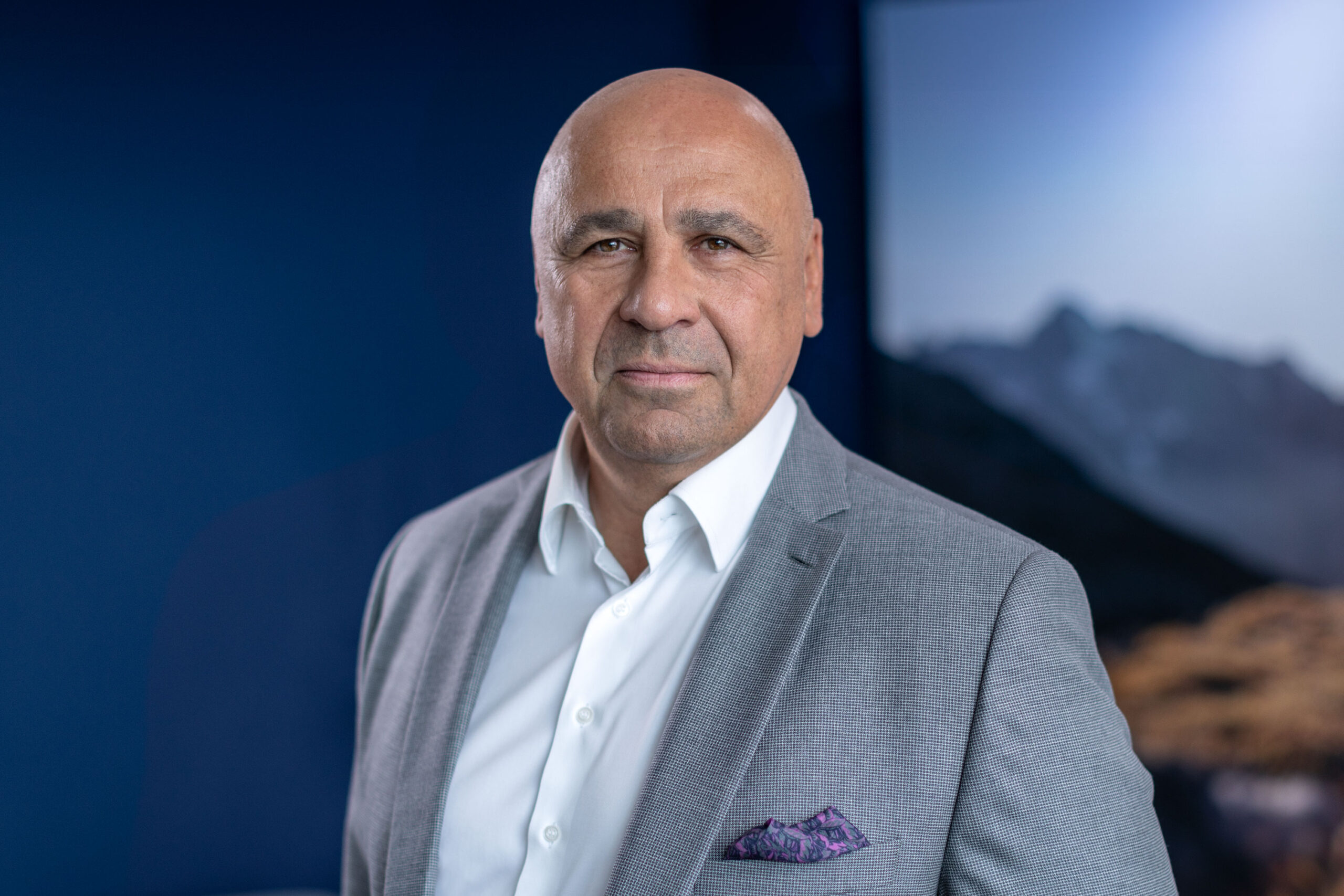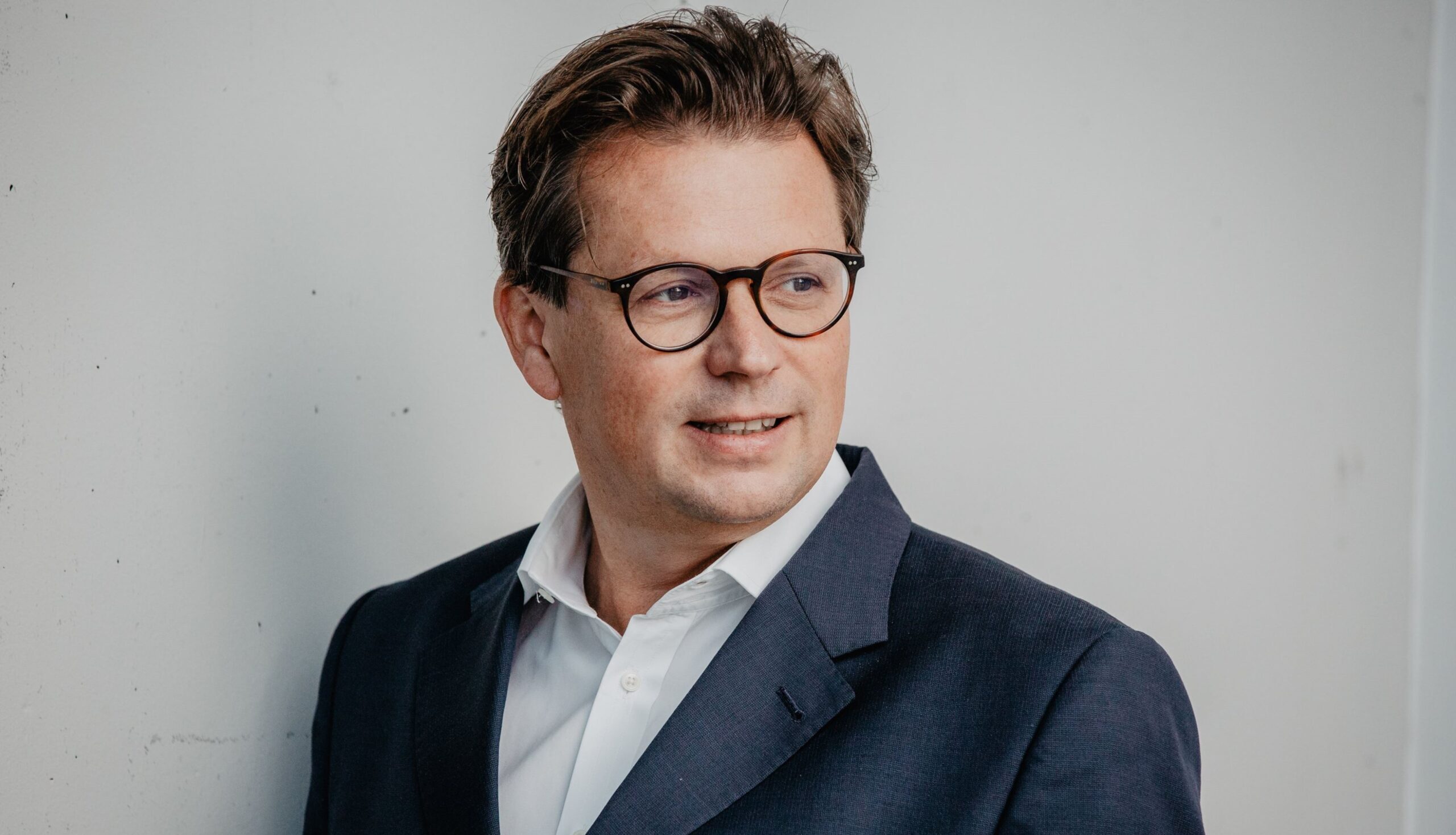Since Henkel went public in 1985, total revenue has nearly quadrupled and the workforce has grown from 31,000 to about 50,000 employees worldwide. The concept that underpins the company’s success is to combine the professionalism of a DAX-listed corporation with the culture of the founding family who is committed to Henkel beyond its own interests as a long-term majority shareholder.
By Dr. Simone Bagel-Trah
Family-owned businesses are a driving force in German society: 91 percent of all non-public companies in Germany are family-owned. They employ well over half of theworking population (56 percent) and generate about 50 percent of overall revenues1.
The family businesses are also the ones who helped Germany weather the financial and economic crisis better than other countries. They even play a significant role on the capital market: About half of all German companies listed on the stock exchange are controlled by a family, making up approximately one third of the market capitalization2.
Henkel, which is based in Düsseldorf, is one of the family-influenced companies that is currently listed on the DAX 30. As a traditional company, that presents us with a special challenge that is also the recipe for our success: being a family business and a listed company at the same time. On the one hand, Henkel has an obligation towards the family who owns the majority of its shares. On the other hand, it also has a responsibility towards the private shareholders of institutional investors and private small investors who buy into the company over the stock exchange – and it has been mastering this challenge successfully for over 30 years.
Exponential growth with the flotation
The representative function of family-owned businesses is often greater than that of other companies and is perceived more acutely by the public. Whoever fills this role should do so without any vanity and with great respect for their company’s tradition and its employees’ services. At Henkel, this has been the family’s attitude towards the workforce and towards the company from the very beginning – ever since Fritz Henkel founded the business in 1876. Henkel’s path, from the washing soda manufacturer it started out as to the global player it has become today, has been and continues to be a story of constant change and development. Henkel shares were traded on the stock exchange for the very first time in October 1985, allowing investors unrelated to the family to buy shares in the company.
Preferred shares were chosen as an issuance vehicle to preserve the company’s family ownership quality. The ordinary shares initially remained entirely with the family. To this day, about 61 percent of these shares are held by members of the widely ramified Henkel family and permanently tied together in a common share-pooling agreement. The flotation has paid off for the company. Since 1985, total revenue in the three business areas Laundry & Home Care, Beauty Care and Adhesive Technologies – in which Henkel is now the global market leader – has increased from the equivalent of 4.7 billion euros to 18.1 billion euros in the 2015 financial year. The value of its preferred shares has increased seventeenfold and the preferred shares are among the eighteen biggest DAX stocks today (as of December 31, 2015). Henkel now generates more than 85 percent of its revenue outside of its home country, and is thus among the most international companies in Germany.
Since their listing, Henkel preferred shares have consistently offered an attractive return to investors. With the exception of the treasury shares, all shares are now entirely in free float. A large majority of the approximately 178 million shares is owned by institutional investors whose portfolios are usually broadly distributed internationally. Aside from the significant increase in the share price, Henkel’s reliable dividend policy is another important factor here. Henkel is among the few companies in Germany that have paid a dividend every year since going public, usually increasing it, or at least keeping it constant year-on- year. Shareholders who purchased Henkel preferred shares and reinvested the dividends (without deduction of tax) in the stock have enjoyed an average yield of 12.1 percent per year. The total market capitalization of Henkel preferred and ordinary shares amounts to more than 41 billion euros.
Family business and global player
The company culture – we also call it the “Henkel spirit” – namely the way the company, family and employees interact based on a given set of values, was always very important to the owner family. Of course, companies and the economic environment change over time – this applies to Henkel, too. We have held fast to our fundamental values, however, as these have been a recurring theme throughout many, very different decades of company history. Founder Fritz Henkel already placed his customers at the heart of all business decisions, and was equally conscious of the company’s responsibility toward its employees and of its duty to pursue sustainable economic development. The significance of the family is also expressed in one of our corporate values: “We build our future on our family business foundation.”
In these times of globalization, digitalization and international teams, I think consciously weighting our corporate values and further developing them is vital. Tradition isn’t just about conserving what already exists, but also about adapting it. Tradition means further developing that which is essential. Our five values are binding across all business units and countries at Henkel.
Achieving more with fewer resources
What defines Henkel as a family business is its long-term development perspective based on sustainable, entrepreneurial thinking and robust financing. This is in no way opposed to targeted profit seeking. On the contrary, our success in business is underpinned by a clear corporate strategy that we implement consistently. Responsible business practices and success go hand in hand. That’s why it’s important for companies nowadays to conduct business sustainably throughout the entire value creation chain. At Henkel, therefore, we don’t just have a corporate strategy with financial goals, but also a sustainability strategy with measurable and ambitious goals. The core of our sustainability strategy is the ambition to triple the value we generate as it relates to the footprint of our products and services over the next 15 years. We call it the “factor of 3”.
There are different ways for us to achieve this: We can reduce our consumption of raw materials to just a third of its current level while keeping production constant, or we can triple the value created with the same amount of resources. In many cases, we will pursue our goal using both approaches – namely by reducing our consumption of raw materials and simultaneously increasing the value we create. Whichever path we end up following, our goal is to use just a third of the resources we need today for each euro we generate by 2030. We will focus particularly on the areas of safety and health, social progress, energy and climate, water, materials and waste.
The family as a shareholder: between continuity and flexibility
Like many other entrepreneurial families, we walk the line between being rational investors and being emotional owners. Contrary to the early days, however, when Henkel was founded and there were probably not many boundaries between business and family matters, we now maintain a clear separation between the company and the family. We see ourselves as a rationally thinking shareholder, and we follow the principle that “the firm comes before the family.” Of course, as the Henkel family, we are very closely tied to the company. We follow its development with pride and enthusiasm, and as shareholders, sustainable value enhancement is our priority. We are united as a family and we stand by the company’s orientation and strategy. In 2012 we ratified a strategy for the period from 2013 to 2016. However, we also have long-term plans for the company, as shown by the share-pooling agreement we extended two years ago. The agreement can now only be terminated as of 2033 at the earliest. The shares that are tied together in this agreement cannot be sold by the respective family members.
Structures of the family organization
Since going public 30 years ago, we have been working very intensively on the topics of family governance and corporate governance. Konrad Henkel (1915 to 1999) laid the foundations for this. He was the last member of the Henkel family to run the company himself. During his time, important decisions like the IPO and the preservation of the family’s majority vote were made – including the decision to hand the management over to external managers and limit family members to functions in supervisory and advisory bodies going forward. He also ensured that the three lines of the family would remain united thanks to a “family management”. Today, the family is represented in two committees: the Supervisory Board and the Shareholders’ Committee. The family does not have a mandate in the company’s operational functions, so there is a clear separation of responsibilities.
I, myself, am at the company almost every day and maintain close contact with the Management Board and our senior management echelons. The Management Board regularly informs the Shareholders’ Committee and the Supervisory Board about relevant topics such as business policy and development, corporate planning,profitability and risk management. Important strategic decisions are subject to the Shareholders’ Committee’s approval. The family itself is organized in structures such as family lines, line representatives, a family committee and regular meetings. The so-called family meeting is the centerpiece of it all. For decisions we have to make for the company as a family, we follow the principle that consensus is better than a narrow majority. We want the family to speak “with one voice”. That’s why coordination processes take place well in advance, with time for discussion and sharing opinions.
Taking the company into the next generation of the family
We also try to teach our younger family members about the company, the family’s significance and the responsibility that comes with this. It’s about maintaining unity and taking the company into the next generation of the family. This is a longstanding process that begins very early on. My cousins and I also got to frolic around on the company premises as children. Konrad Henkel invited us and showed us around the entire place – we were very impressed. We were even allowed to attend a fire drill. It may quite possibly have been staged for our group, but I still remember it very well. To strengthen the family bond, there is also a council of elders, an information loop, a “Lions Club” for the teenagers and an internal family magazine.
These different circles weren’t the only thing that helped me grow into my current role: Over the last 20 years, I have consistently taken on new tasks and more responsibility in various committees. In the process, I learnt early on that communication is the key to success. In practice, this means direct channels of communication even outside of formal meetings, fast coordination processes and regular dialog – especially for a global company like Henkel, which has fast and efficient processes, an international orientation and a focus on achievement.
Vital willingness to change
“If we want things to stay as they are, things will have to change,” says the famous quote from Giuseppe Tomaso di Lampedusa’s novel “The Leopard”. To this day, at Henkel, we have kept this ability to continuously develop and improve ourselves. I am convinced that no traditional company can successfully survive if it is not willing to change. That’swhy we will continue trying to combine the best elements of our fundamental structure– that of a listed family business. This means combining the professionalism of a DAX-listed company with the culture of a family as the long-term majority shareholder. It is also very important to us to remain connected to our hometown, Düsseldorf. We want “a future with a heritage”, because you can only explore and understand the world if you know where you come from.
1 2013 study “Stiftung Familienunternehmen”: www.familienunternehmen.de/media/public/pdf/publikationen-studien/studien/Studie_Stiftung_Familienunternehmen_Volkswirtschaftliche-Bedeutung_Berichtsband.pdf
2 Comparison www.familienunternehmen.de/de/daten-fakten- zahlen: Family-owned companies listed on the stock exchange in Germany










